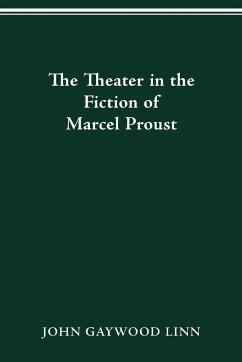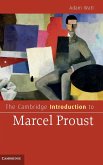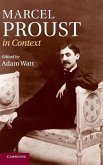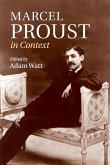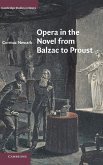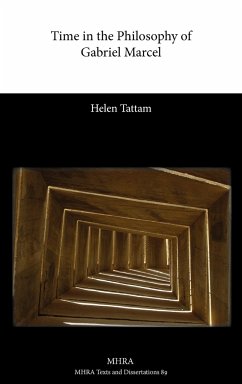That Marcel Proust and the theater of his time were not strangers to one another is evident to even the most casual reader of À la recherche du temps perdu. From Mr. Linn's thoroughgoing investigation, however, it is clear that the significance of this remarkable abundance of theatrical and dramatic references, both in Proust's great novel and his other fiction, is far greater than has heretofore been suspected. For Mr. Linn uncovers a very definite pattern and a rigid control in Proust's deployment of theatrical metaphor and allusion, in his use of quotations from the drama, and in the parallels he draws between the actions of plays, events in real life, and the lives of his characters. Ultimately, Mr. Linn demonstrates, through Proust's constant use of theatrical reference as a means of delineating character and personality, building and destroying illusion, and depicting the setting for a bit of action, that life and art in his writings become so closely interwoven, so intimately interrelated, that one is scarcely discernible from the other as they subtly merge and the separate again. Art, for Proust, remains the constant standard against which life is to be measured; and life is usually found wanting in comparison-life in its falseness, its complexity, its ignobility. It is in the final revelation scene of À la recherche du temps perdu, in the great climactic coup de théâtre that ends the novel, that Proust, with stunning virtuosity, brings all of the elaborately and intricately spun threads of theatrical imagery to focus on the tragic disparity between life and art in bringing about his moment of truth. John Gaywood Linn is assistant professor of English at Queen's College of the City University of New York.
Hinweis: Dieser Artikel kann nur an eine deutsche Lieferadresse ausgeliefert werden.
Hinweis: Dieser Artikel kann nur an eine deutsche Lieferadresse ausgeliefert werden.
